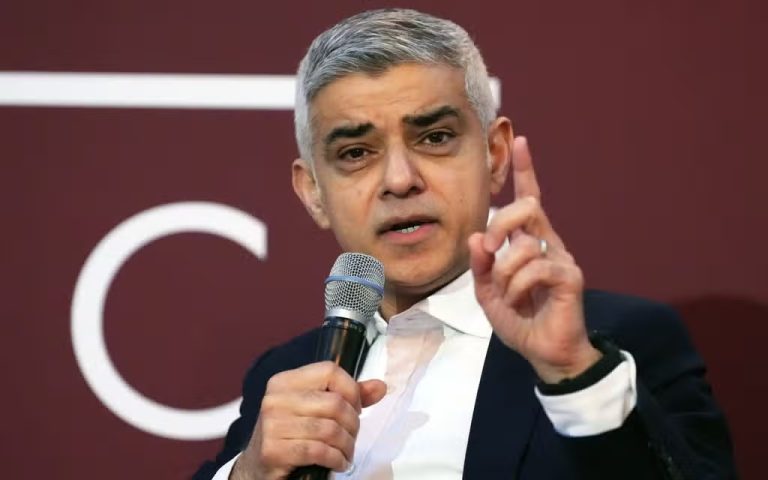Khan garnered just over a million votes, accounting for almost 44% of the total, leading his main rival, Conservative Party’s Susan Hall, by over 11 percentage points
In London, Sadiq Khan of the Labour Party clinched a resounding victory on Saturday, securing an unprecedented third consecutive term as Mayor. This triumph marked yet another disappointing setback for the Conservative Party ahead of the impending general election.
Khan garnered just over a million votes, representing nearly 44% of the total, surpassing his main rival, the Conservative Party’s Susan Hall, by over 11 percentage points. This victory bestowed upon him the largest individual mandate of any UK politician.
Speculation had been rife on Friday regarding a closer-than-expected race, yet Khan’s win showcased a swing from Conservative to Labour compared to the previous mayoral election in 2021, despite the difference in electoral systems.
Throughout his tenure, Khan has been a figure of increasing divisiveness, particularly in the suburbs where his popularity lagged behind that in the inner city. Supporters tout his achievements, such as expanding housing, providing free school meals, managing transport costs, and championing minority groups, while critics point to rising crime rates, anti-car policies, and the handling of pro-Palestinian demonstrations.
Addressing the crowd after his win, Khan emphasized countering negativity with facts and division with unity. His victory speech, flanked by candidates including the colorful Count Binface, underscored the city’s diversity as a strength and rejection of right-wing populism.
Labour secured victories in Liverpool, Greater Manchester, and West Yorkshire, while potentially unseating the Conservative mayor in the West Midlands. However, a recount is underway in the latter region.
Despite Labour’s successes, challenges remain, notably a depressed vote in Muslim areas due to the party’s pro-Israel stance during the Gaza conflict. Nonetheless, Labour leader Keir Starmer sees the results as positive overall, positioning himself favorably for the upcoming general election.
Meanwhile, Prime Minister Rishi Sunak, though facing losses in local elections, is unlikely to face a rebellion within his party. However, Labour’s gains and Conservative setbacks indicate challenges for Sunak and his party in the upcoming national election, which is anticipated in the second half of 2024.
The local elections, while significant in their own right, are also viewed through the lens of national politics, reflecting the public’s perception of party leadership and governance. With the Conservatives facing setbacks following the tumultuous tenures of Boris Johnson and Liz Truss, the stage is set for a contentious national election.

